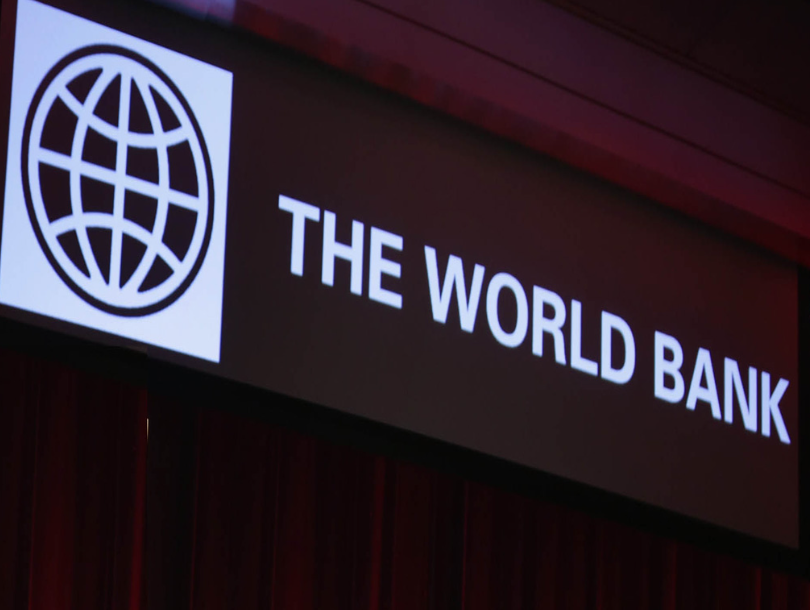World Bank economists have raised concerns about the effectiveness of retail and wholesale trade jobs in mitigating poverty in Nigeria, indicating that these positions may not provide a reliable pathway out of the country’s escalating poverty crisis.
According to Jonathan Lain, Senior Economist, and Utz Pape, Lead Economist, Poverty and Equity Global Practice, at the World Bank, the Nigerian labour market presents a complex scenario where not all jobs offer a pathway out of poverty.
In a detailed blog post, they highlight that despite the accessibility of jobs within the retail and wholesale trade sector across various economic demographics, these roles are not seen as a substantial solution for overcoming poverty.
The insight comes as Nigeria grapples with significant poverty reduction challenges exacerbated by economic recessions and inflationary pressures.
They said:
Despite experiencing positive per capita growth in the decade leading up to the COVID-19 pandemic, Nigeria has struggled significantly with its poverty-reduction efforts.
The country’s economic challenges have been exacerbated by deep recessions and escalating prices, pushing nearly half the population below the national poverty line.
The economists point out that although many Nigerians are employed, the nature of their employment does not suffice to lift them out of poverty.
They also noted that Nigeria’s economy is transitioning, with employment moving from agriculture to services. This shift should theoretically improve living standards, as the service sector boasts productivity levels over 70% higher than agriculture.
However, Nigeria’s productivity gains in services fall short compared to countries like Brazil, Mexico, and Malaysia, where the service sector’s productivity is significantly higher. Furthermore, within Nigeria’s service sector, a vast disparity in productivity levels exists, with jobs in business and finance far outpacing those in commerce and hospitality, including retail and wholesale trade.
They said:
Lain and Pape argue that Nigeria requires policies geared towards fostering a meaningful structural transformation. This entails integrating firms into global value chains, attracting foreign direct investment, and ensuring a stable macroeconomic environment through fiscal and exchange rate reforms.
Additionally, improving trade facilitation, aligning skills with economic needs, and upgrading infrastructure are critical for creating jobs with higher productivity.
In the short term, enhancing earnings in currently low-productivity sectors like farm and non-farm household enterprises is also essential, which could involve improving access to inputs and credit.
As Nigeria faces the pressing need to address its growing poverty challenge and capitalise on its demographic dividend, the call for evidence-based policies to generate sustainable employment and lift people out of poverty has never been more urgent.







